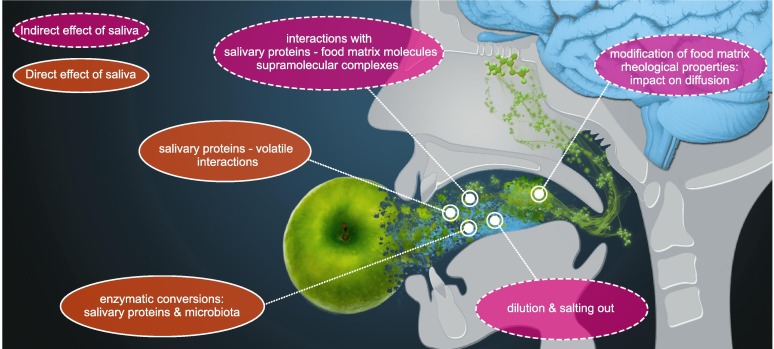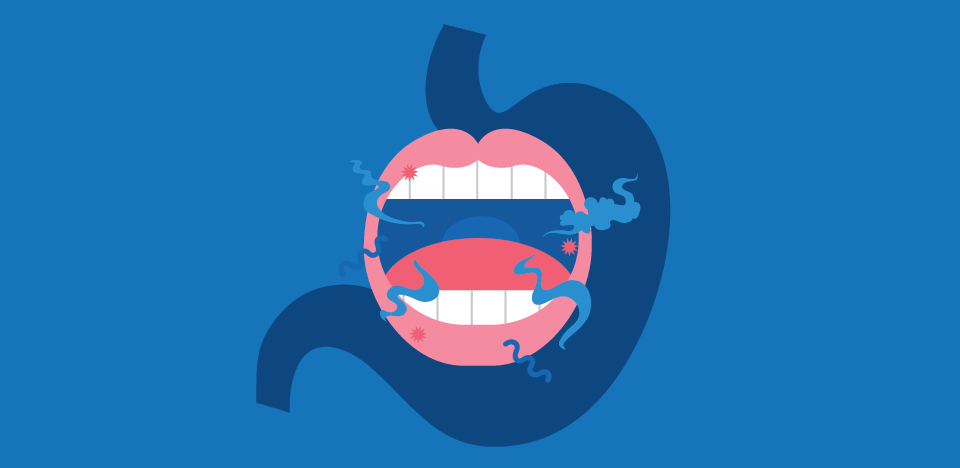No one wants to hear the words, “Your breath could use some help.” Bad breath can sabotage confidence and ruin social moments faster than you can say “garlic bread.” But here’s the kicker: what you eat plays a huge role in how your mouth smells. Let’s talk about the worst offenders and, more importantly, how to fix the problem with smarter choices.
Key Points:
- Some foods can linger in your mouth and cause odor issues.
- Strong spices and acidic foods top the list of culprits.
- Smart swaps include fresh herbs, hydrating snacks, and low-sugar options.
- Rinse your mouth after eating to reduce lingering effects.
- Chewing mints, like Flintts Mints, can quickly freshen things up.
Why Certain Foods Create a Smelly Situation
Some foods don’t just disappear after you swallow them. They leave behind compounds that stick to your tongue, teeth, and even the back of your throat. Bacteria love to feed on these leftovers, creating sulfur compounds responsible for bad smells. Think of it as a party you didn’t invite but are now stuck hosting.
Top Culprits That Wreck Your Breath
1. Garlic and Onions

They may taste amazing in pasta or on pizza, but garlic and onions pack a punch that lasts long after the meal. The sulfuric compounds they release don’t just linger in your mouth—they enter your bloodstream and come out through your lungs.
2. Sugary Treats
Sugar fuels bacteria like gasoline fuels a fire. Candy, pastries, and sugary drinks leave a sticky residue that encourages bacteria to multiply, making odor worse.
3. Coffee
Coffee dries out your mouth, reducing saliva production. A dry mouth creates the perfect environment for bacteria to thrive, leading to unpleasant smells.
4. Dairy Products
Cheese, milk, and yogurt might seem innocent, but the proteins in dairy can break down into sulfur compounds. The result? Not-so-pleasant breath.
5. Alcohol
Alcohol dehydrates your mouth, just like coffee. Fewer saliva levels mean less natural cleaning, leading to bacteria buildup.
The Role of Saliva in Keeping Odors Away

Saliva acts like a natural rinse, washing away food particles and bacteria. When your mouth gets dry, bacteria multiply. That’s why it’s crucial to stay hydrated and keep saliva flowing throughout the day.
Foods to Avoid – Quick List
- Garlic and onions.
- Candy and sugary drinks.
- Dairy-heavy snacks.
- Alcoholic beverages.
- Coffee or caffeinated drinks.
Smart Swaps for a Fresh Mouth
1. Herbs Like Mint and Parsley
Fresh herbs don’t just mask odors—they have natural antibacterial properties. Chew on parsley after meals or sip mint tea for a breath-friendly boost.
2. Crunchy Vegetables
Carrots, celery, and apples act like natural toothbrushes. Their texture helps scrub away food particles and bacteria.
3. Green Tea

Green tea contains antioxidants called catechins that reduce bacteria in the mouth. A cup after meals can neutralize lingering odors.
4. Flintts Mints
For an instant fresh breath solution, try Flintts Mints. They’re designed to stimulate saliva production and keep your mouth hydrated, leaving you feeling confident and refreshed.
Hydration: The Key to a Healthy Mouth
Drinking water after meals can make a big difference. It flushes out food particles and keeps bacteria under control. Bonus points for squeezing lemon into your water for a zesty, odor-neutralizing effect.
Worst Combinations for Breath
1. Spicy Meals with Coffee
The spices amplify odors, and the coffee dries your mouth out, creating a double whammy of bad smells.
2. Sugary Treats and Dairy
Sugar fuels bacteria, while dairy proteins break down into sulfur compounds. Together, they’re a recipe for disaster.
3. Alcohol with Garlic-heavy Meals
Alcohol dehydrates your mouth, and garlic ensures the smell sticks around.
Snacks That Save Your Social Life
1. Cucumbers and Celery

These snacks hydrate your mouth and naturally clean teeth while you chew.
2. Chewing Sugar-free Gum
Look for xylitol-based gums to fight bacteria while keeping your mouth fresh.
3. Nuts and Seeds
Almonds and sunflower seeds are great for scrubbing plaque off your teeth, reducing bacteria buildup.
The Science of Bad Breath
Bacteria produce volatile sulfur compounds (VSCs) when they break down proteins in your mouth. Certain foods provide more fuel for this process. Keeping bacteria under control with regular oral care and smart food choices makes a big difference.
Quick Tips to Stay Fresh All Day
- Brush your teeth at least twice daily and floss to remove trapped particles.
- Rinse your mouth with water after meals to reduce bacteria.
- Keep mints like Flintts Mints handy for quick fixes.
- Drink plenty of water to maintain saliva flow.
- Avoid tobacco products, which worsen bad breath and oral health.
Conclusion
Avoiding foods that create odor is half the battle. The other half lies in smart swaps and staying hydrated. Fresh herbs, crunchy vegetables, and hydrating snacks can work wonders. Don’t underestimate the power of mints like Flintts Mints to quickly refresh your breath and boost your confidence.
Simple changes can keep your breath fresh all day long. Make smarter choices, and you’ll never worry about turning heads for the wrong reasons.







